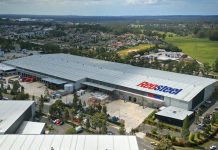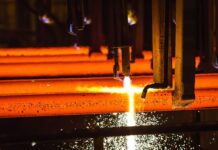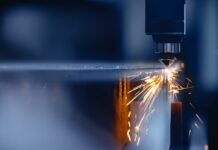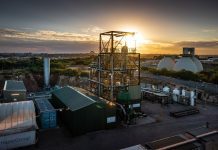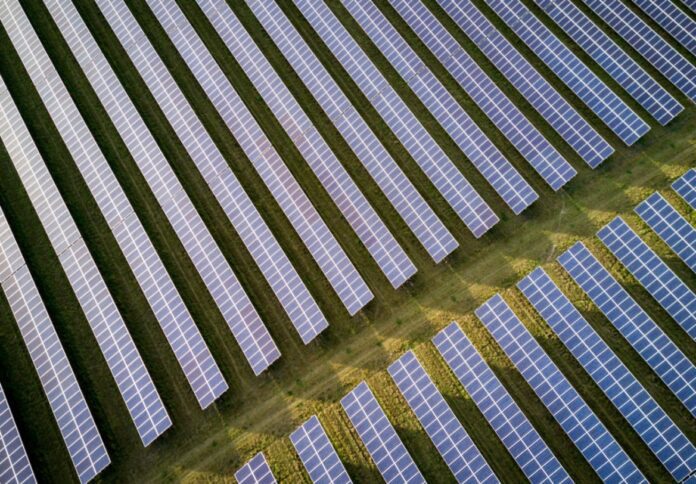
UNSW’s School of Chemical Engineering has secured a $6.3 million funding boost from the Australian government to propel research initiatives in renewable energy and decarbonisation.
Under the Transformative Research Accelerating Commercialisation (TRAC) Program, led by Professor Yansong Shen and Scientia Professor Rose Amal, UNSW received $4.4 million and $1.9 million respectively from the Australian Renewable Energy Agency (ARENA).
This funding is part of ARENA’s efforts to bolster the global shift towards achieving net-zero emissions, the university said in a news release.
The funds, totalling $59.1 million distributed across 21 projects, aim to advance research and development as well as commercialisation activities, particularly in the strategic areas of Renewable Hydrogen and low-emission Iron & Steel.
“We’re backing Australian technological innovation that helps build our clean industries and underpins our ambitions of becoming a renewable energy superpower,” stated ARENA CEO Darren Miller.
In response to the pressing need for low-emission iron and steel-making technologies, UNSW’s Shen Lab secured $4.4 million to develop innovative blast furnace technology.
The project, dubbed the ‘Renewable Injections-Sustainable Burdens (RISB) process project,’ led by Prof Yansong Shen, involves collaboration with industry giants such as Rio Tinto, BlueScope Steel, and Baowu Steel, among others.
The project focuses on optimising the utilisation of low-grade Australian iron ore and integrating renewable fuels like hydrogen-rich gases into the iron-making process.
Prof Shen expressed confidence in creating a viable blast furnace process that enables low-emission iron production, which is crucial for decarbonising domestic steel production.
Professor Julien Epps, dean of Engineering at UNSW, underscored the significance of Prof. Shen’s project in addressing the challenges faced by the Australian iron ore and steel industry in decarbonisation efforts.
“Prof. Shen’s project will help to remove the barriers to using lower-grade Australian iron ores in steelmaking and optimise its use through the development of the Renewable Injections-Sustainable Burdens (RISB) Process,” he said.
Another significant UNSW project, ‘Production, Multiphase Electrolysers for Renewable Ammonia Production,’ spearheaded by Prof Rose Amal, received $1.9 million from ARENA’s Hydrogen energy research and development funding round.
This project aims to accelerate the scaling-up and commercialisation of renewable ammonia production technology developed by UNSW.
“Renewable ammonia is an energy carrier in the emerging hydrogen economy,” said Prof Amal.
The patented technology, known as OzAmmonia, facilitates the direct conversion of air and water into ammonia, offering a pathway to a zero-emissions future for fertilisers and fuels.
Professor Epps commended Prof Shen and Prof Amal for their projects, emphasising their crucial role in advancing global efforts towards achieving net-zero emissions


